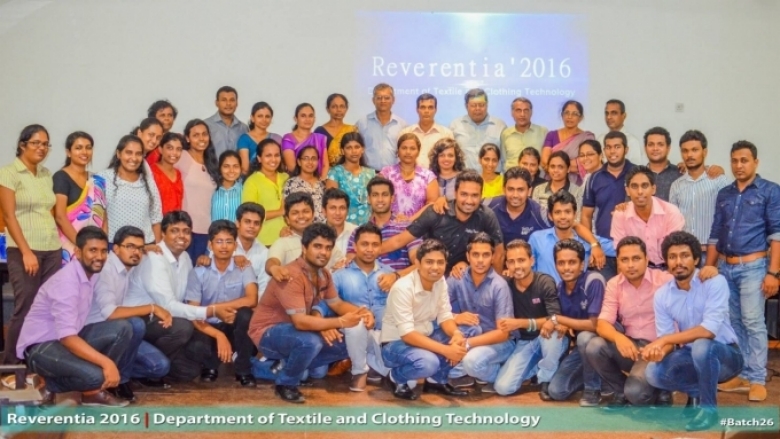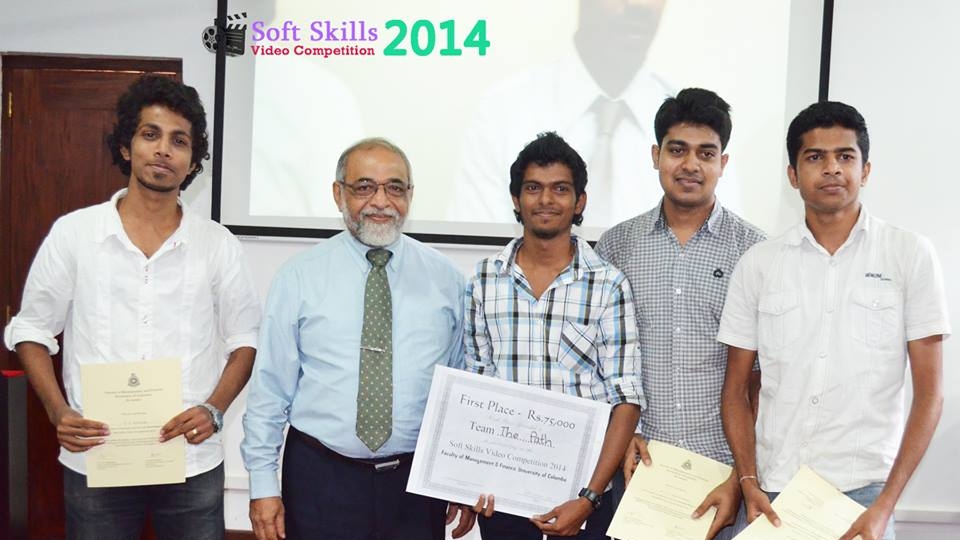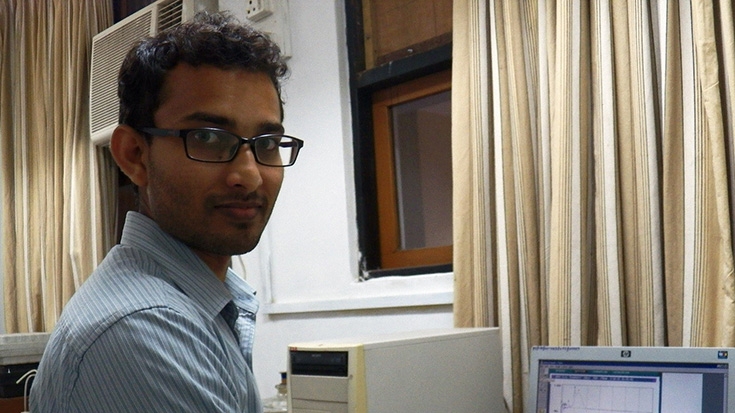Challenge
Sri Lanka’s growth and competitiveness has catalyzed its economy’s growth toward services and high value industries. However, the higher education sector had not kept up with these shifts and were not producing sufficient graduates with holistic skills that employers were seeking. Although providing good theoretical knowledge, universities rarely emphasized soft skills such as industriousness, team work, leadership skills, creativity, and communication skills. There was also a gap in the quality of higher education in lagging regions such as the Northern and Eastern Provinces.



